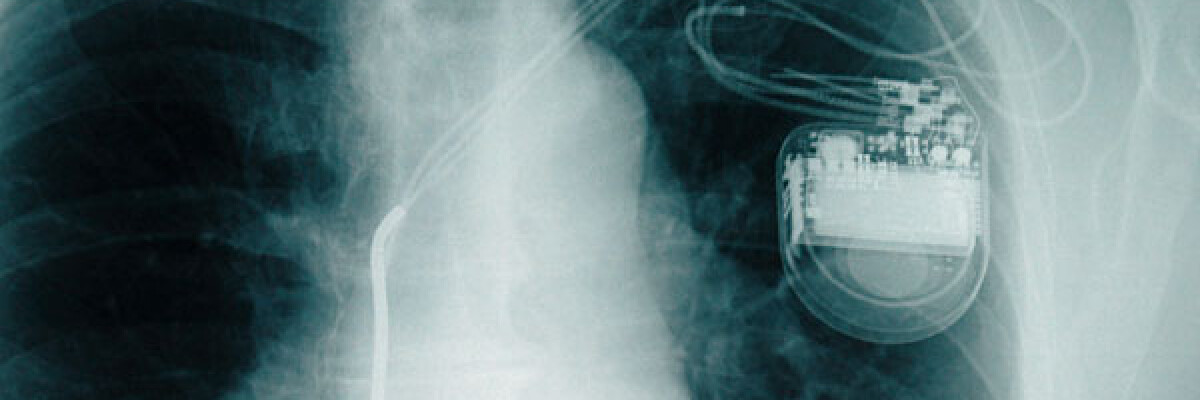The device has a built-in neural network that will improve heart function by 20%.
Experts at the University of Bristol have developed a new pacemaker that is controlled by a neural network. Thanks to a smart algorithm, the device does not have a constant pace - instead, it is adapted to the user’s heart rate. Experiments performed on rats show that this new development can help patients successfully combat cardiac insufficiency.
Pacemakers work by using electric currents to stimulate the patient’s heart. A small device is implanted into the patient’s rib cage and sends small electrical impulses to maintain a stable heart rate in patients suffering from cardiac insufficiency.
Unfortunately, most of these devices operate at a constant pace without adapting to changes in heart rate in patients with arrhythmia.
The new pacemaker starts by using a neural network to analyze electrical activity in this muscle, and then it stimulates the left ventricle to synchronize it with the patient’s breathing.
Laboratory testing shows that this pacemaker can improve heart function by 20%.
Share this with your friends!





Be the first to comment
Please log in to comment